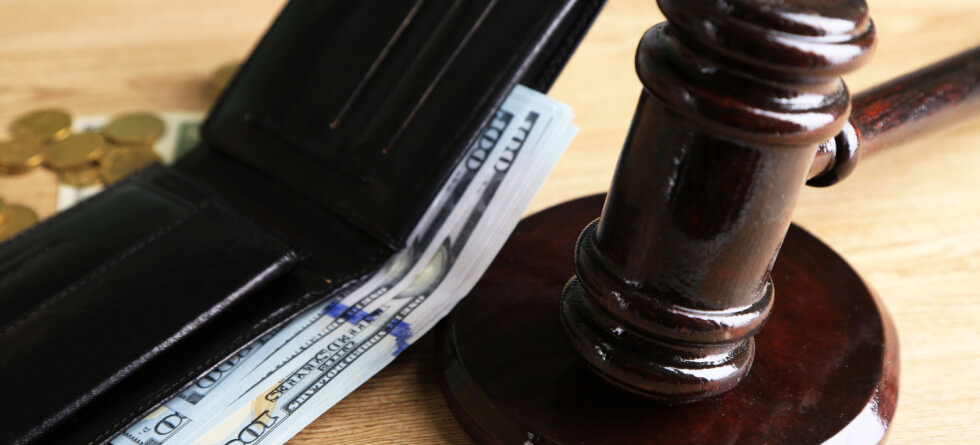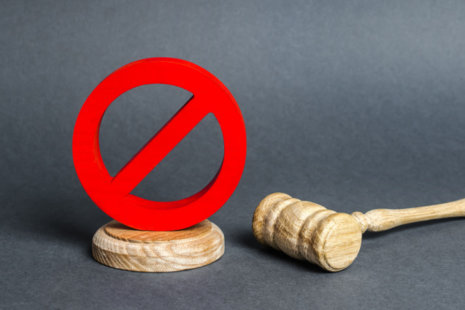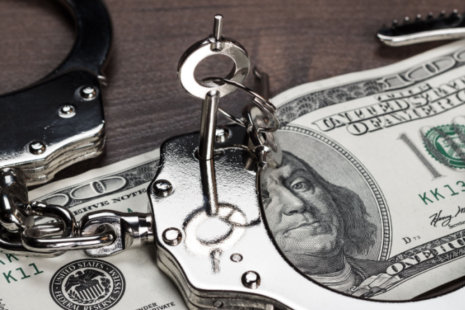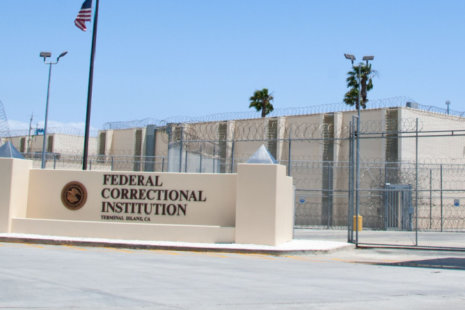Bail bonds allow a defendant to pay a non-refundable fee (usually around 10% of the total bail amount) to a bail bondsman, who will then post the entire bail amount with the court. This allows the defendant to be released from jail while awaiting trial.
The fee paid to the bail bondsman is non-refundable, even if the defendant attends all required court hearings and the bail money is returned at the end of the trial.
Failing to attend a court hearing or otherwise violating the terms of their bail, the bail bondsman may take steps to locate the defendant and bring them back to court. If the defendant cannot be found, the bail bondsman may be required to forfeit the full bail amount to the court.
If the defendant attends all required court hearings and complies with the terms of their bail, the bail money will be returned at the end of the trial. However, the non-refundable fee paid to the bail bondsman will not be returned.
Bail bonds can provide a way for defendants to be released from jail while they await their trial, even if they cannot afford to pay their full bail amount. However, the fee paid to the bail bondsman is non-refundable, even if the defendant attends all required court hearings and the bail money is returned at the end of the trial.





